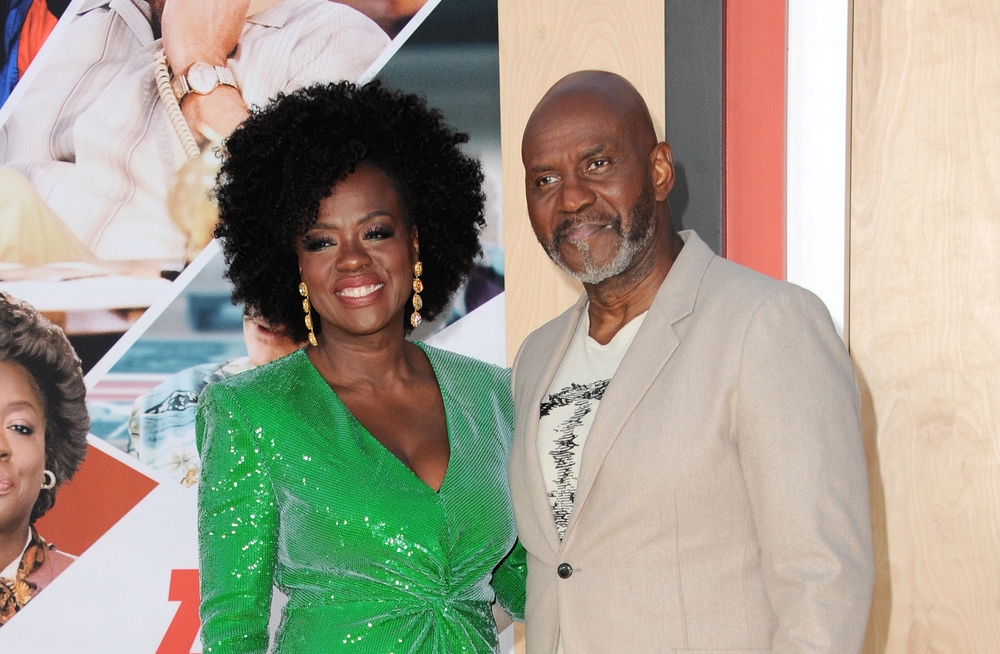Afro-Brazilian entertainment and art forces united with Black Hollywood this month when Oscar winner Viola Davis, alongside her husband and producer Julius Tennon, unveiled their latest venture, the audiovisual production company “Axé” in the heart of Brazil, headquartered in Salvador, Bahia.
In interviews with Brazilian press giant Globo, Julius Tennon expressed his excitement about this new venture, emphasizing Brazil’s burgeoning moment in content production. “I’m very happy to be here. We have the goal of connecting with Brazil, being together with the community in this exciting new era of content creation,” he shared.
The choice of Salvador as Axé’s base is very strategic. Salvador’s rich cultural tapestry and diverse stories waiting to be told, provide the perfect backdrop for the company’s vision. The couple believes in the potential of Brazil as a hub for compelling narratives, and Salvador, with its historical significance and vibrant energy, becomes a central point where Hollywood and Brazilian creativity converge.
Davis and her husband announced that ‘Axé’ will feature an audio content studio.
Their first product will be a podcast series about Zumbi dos Palmares.
Zumbi is the most important historical figure in Brazil and has been a larger-than-life symbol of resistance and Black culture today in Brazil.
Born in 1655 in a community located in the current region of União de Palmares, in Alagoas (Serra da Barriga), which was made up mainly of captive Africans who escaped from plantations in colonial Brazil. Zumbi was born free in Palmares and is believed to have been captured when he was around seven years old and trafficked to a priest called Antônio Melo. Once enslaved, he was given the name Francisco and learned to speak Portuguese and Latin.
At the age of 15, he escaped and returned to Palmares, where he became the most important military commander of the Palmares.
Davis and Tennon’s presence in Brazil appears to go beyond a simple business endeavor but also a celebration of collaboration and cultural exchange. The duo is actively participating in the Liberatum Festival, a four-day extravaganza in Salvador dedicated to promoting equality, diversity, and inclusion. Held from November 3 – 6, the festival marked its inaugural edition in Brazil, promising a platform where art, culture and social issues intermingle.
Davis, known for her transformative performances and advocacy for inclusivity in the film industry, brings a wealth of experience to Axé. By establishing the production company in Brazil, Davis and Tennon signal a commitment to fostering global connections and ensuring that the rich narratives of Bahia find resonance on the world stage.
According to Davis, Axe promises to elevate the stories that emerge from the dynamic cultural landscape of Brazil. The collaboration between Black Hollywood and Afro-Brazil has the potential to break new ground in the entertainment industry, amplifying diverse voices and narratives that resonate across borders.


